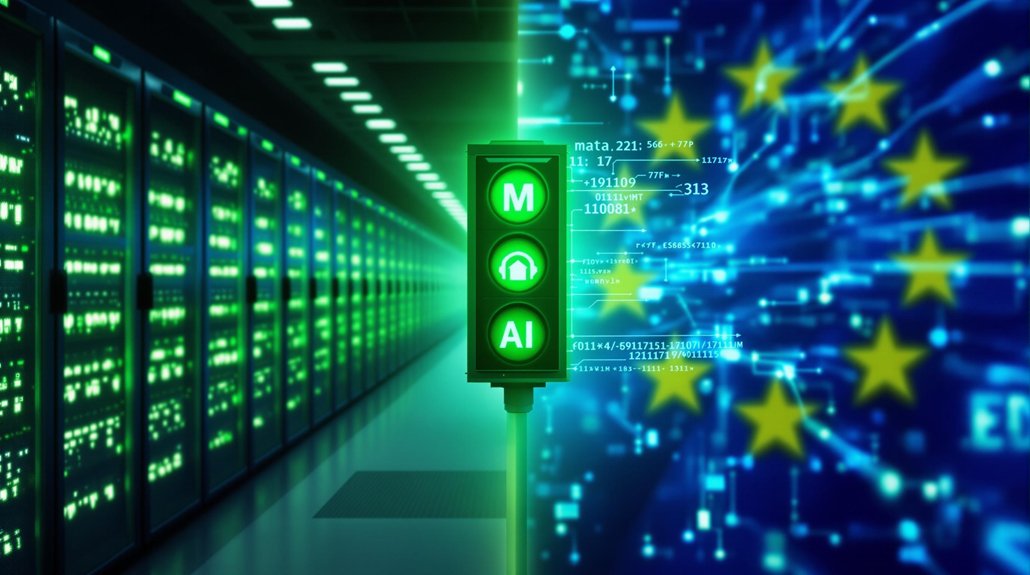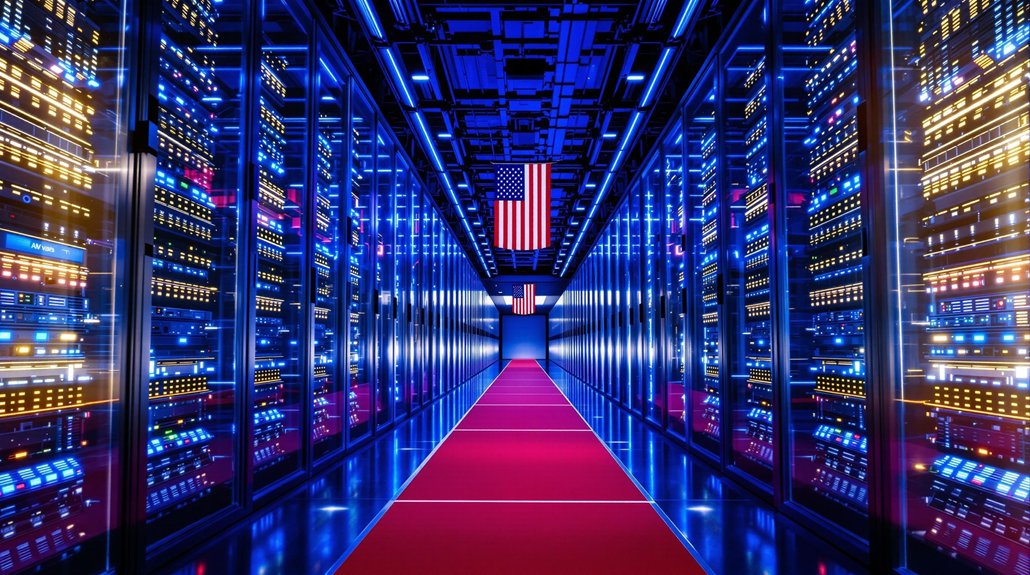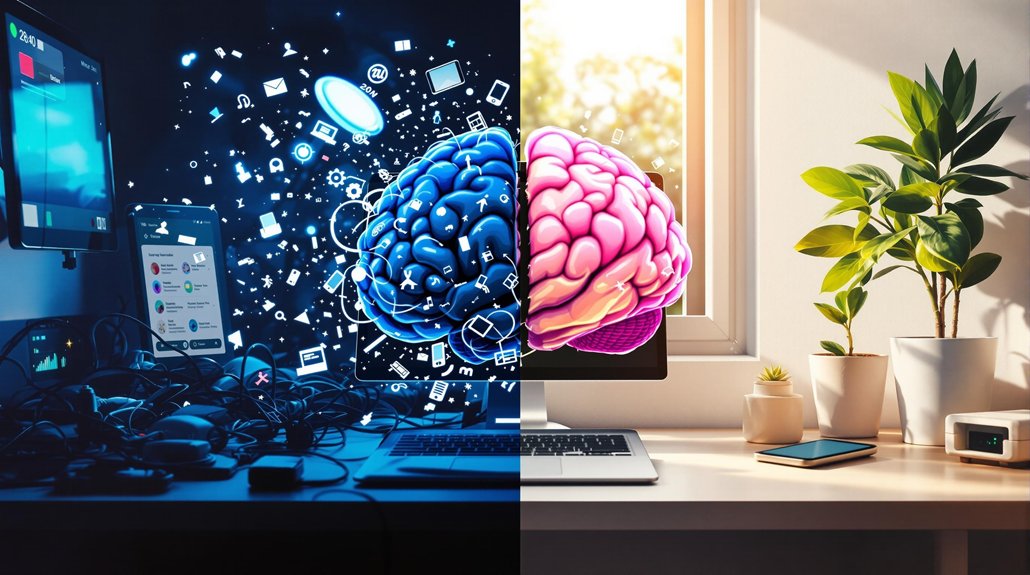Recent studies show that emotional intelligence remains the key skill machines cannot replicate. While AI systems process data rapidly, they don’t truly understand human feelings or build authentic connections. Experts point to this gap as technology’s permanent limitation. “Algorithms can mimic empathy but never genuinely experience it,” says Dr. Sarah Chen, cognitive scientist at MIT. The distinction matters greatly in healthcare, education, and leadership—areas where emotional nuance determines success or failure.
While AI technology continues to advance at a rapid pace, humans still possess unique qualities that machines simply can’t replicate. Experts point to creativity as a fundamental trait that sets people apart from even the most sophisticated AI systems. This uniquely human ability to think outside structured boundaries allows people to develop original solutions that machines cannot match.
Emotional intelligence represents another area where humans maintain a clear advantage. AI lacks the capacity to truly understand feelings or build authentic emotional connections. These connections form the foundation of trust in relationships and effective leadership, something algorithms can’t genuinely foster despite their programming.
Moral reasoning and ethical judgment also remain distinctly human territories. People can navigate complex ethical dilemmas by weighing competing values and considering cultural contexts. While AI follows programmed rules, it can’t replicate the nuanced conscience that guides human decision-making in morally ambiguous situations.
The human capacity for adaptive thinking proves invaluable in unpredictable circumstances. When faced with unexpected challenges, people can quickly adjust their approach based on intuition and contextual judgment. AI systems, however sophisticated, struggle to respond effectively to situations they weren’t specifically programmed to handle.
Cultural sensitivity represents another irreplaceable human skill. Understanding subtle cultural nuances requires awareness and empathy that AI can’t truly develop. This sensitivity becomes especially important in diverse workplaces and communities where effective communication depends on cultural competence.
Finally, inspirational leadership remains firmly in the human sphere. The ability to motivate others, build team cohesion, and inspire genuine trust can’t be replicated by machines. Recent exhibitions like The Irreplaceable Human highlight this enduring value of human creativity in our increasingly AI-driven world. Leaders connect with followers on an emotional level that transcends mere information processing. Unlike AI, human intelligence is deeply rooted in feelings and purpose that give meaning to our actions and decisions.
Scientists believe these uniquely human capabilities will remain valuable even as AI technology evolves. While machines excel at processing data and executing specific tasks, they lack the creative spark, emotional depth, and ethical reasoning that define human intelligence. Studies show approximately 14% of workers will need to switch occupations due to AI advancements, underscoring the importance of developing distinctly human skills.









